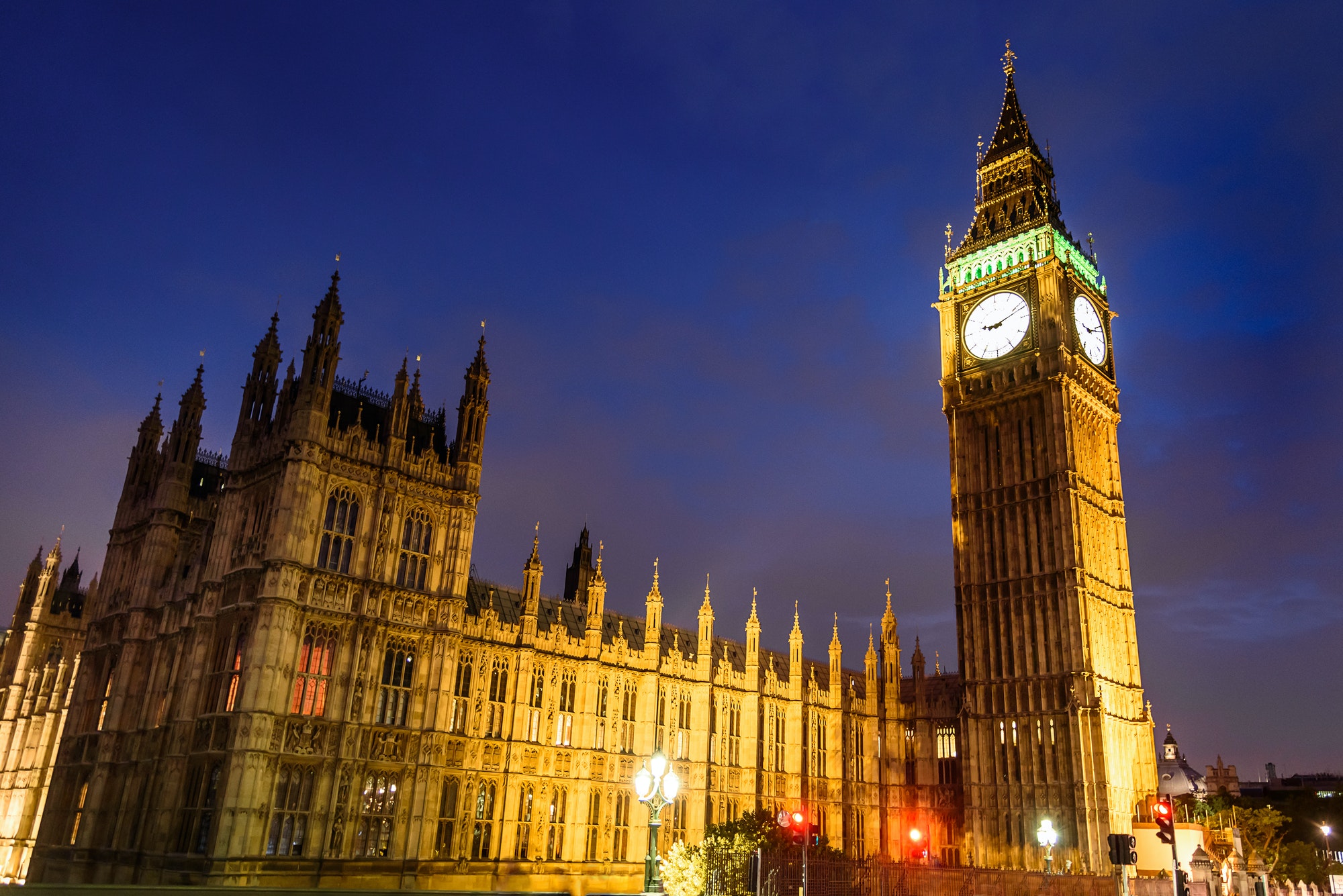Victims of domestic abuse are withdrawing charges against ex-partners after becoming frustrated by criminal justice system delays caused by the coronavirus pandemic.
The Westminster government has reacted by promising to provide more courts.
The developments come against a background of survivors having been told their cases will not reach trial until 2022 as courts in England and Wales have a backlog of more than 457,000 cases, a rise of 100,000 since the start of the outbreak of Covid-19 and the need to operate under social distancing rules.
“Having the trial delayed for years is what I’d describe as slow torture,” Charlotte Kneer, chief executive of the Women’s Aid refuge in Reigate and Banstead, Surrey, was quoted as saying by the Independent newspaper on 10 February. “The nature of domestic abuse means these cases need to be heard quickly.”
Cordelia Tucker O’Sullivan, police manager at Refuge said: “Unfortunately, we’ve seen women withdrawing their statements and exiting the process entirely as a result of these delays.
“Many women will never have the opportunity to bring their perpetrator to justice, but for those who do, criminal convictions are a lengthy and traumatic process, which is only exacerbated and prolonged by delays to court hearings.”
Victim Support’s chief executive Diana Fawcett said: “We have seen a significant increase in the number of domestic abuse victims who are struggling to remain engaged with the criminal justice system… victims have been encouraged to go down the civil routes, for example applying for non-molestation orders in a bid to avoid the criminal justice process.”
Ms Kneer also said: “The longer the wait, the more likely they drop out. I’m someone who waited 14 months for my case to come to court after the charge. It was the most stressful time of my life. During that time, you are worried the alleged perpetrator might try and stop you from participating in prosecution. You fear for your life.”
On 17 February the ministry of justice announced 14 more temporary courtrooms, a super courtroom at Manchester Crown Court, and other temporary court rooms set up in hotels and conference centres across England and Wales to help clear the general backlog in cases.
The so-called Nightingale courtrooms will total 60 by the end of March.
The ministry says it has kept the wheels of justice turning during the pandemic with more than 9,000 court orders related to domestic abuse, forced marriage and protecting children from female genital mutilation between April and September last year.











